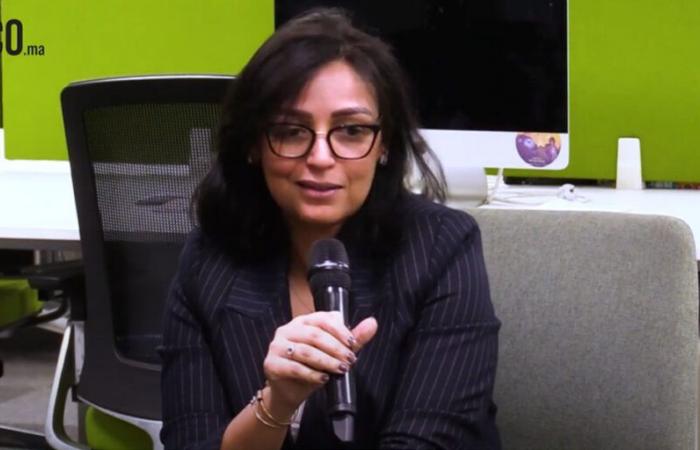The Cercle des ECO organized a round table under the theme “ePayment, forward inclusion!”, at the headquarters of the Horizon Press group. Participants included Karima Zouhairi, Personal Market Marketing Manager at Bank of Africa; Rachid Driouch, head of electronic banking and mobile payment expertise at Bank of Africa; Rachid Saihi, general director of the Interbank Electronic Payment Center (CMI), and Zouheira Belkrezia, Director of Tech and Digital Innovation of the Marjane group. The meeting was moderated by Meriem Allam, publishing director of the newspaper Les Inspirations ÉCO.
The role of the CMI is to offer a wide range of solutions and tools, but it cannot impose anything on citizens. It is the latter who will choose, depending on their situation, their daily life…
To resolve the issue of ePayment adoption, no one can claim to know what to do. Rachid Saihi therefore recommends organizing focus groups, for the category of farmers, for example, which will allow a designer to invent a solution that responds to the problems. But no one can claim, from Casablanca, to know the needs of farmers in Meknes, Ouarzazate or Agadir.
Large structures, whether banking or the CMI, try to provide available technologies. Contactless payment was introduced in 2016 in Morocco, then others followed. The first users were foreigners. Moroccan cards followed about 18 months later. This year will end with almost 5% of all volumes collected by the CMI through new payment methods. So the technology is adopted, but the Interbank Electronic Payment Center is obliged to be two or three waves ahead of the behavior of the Moroccan citizen.
For Zouheira Belkrezia, Director of Tech and Digital Innovation at the Marjane group, “the key lies in the customer experience, whether from the rural world or not. If the first experience is not simple, is not fluid or presents a flaw, he will drop out.
During studies and focus groups, the first response is: “I tried it, I didn’t try it again because it was a bad experience.” The category of skeptics that we seek to integrate must be offered a smooth path, without flaws or errors. You need simplicity and a lot of listening.” Details in this video.






